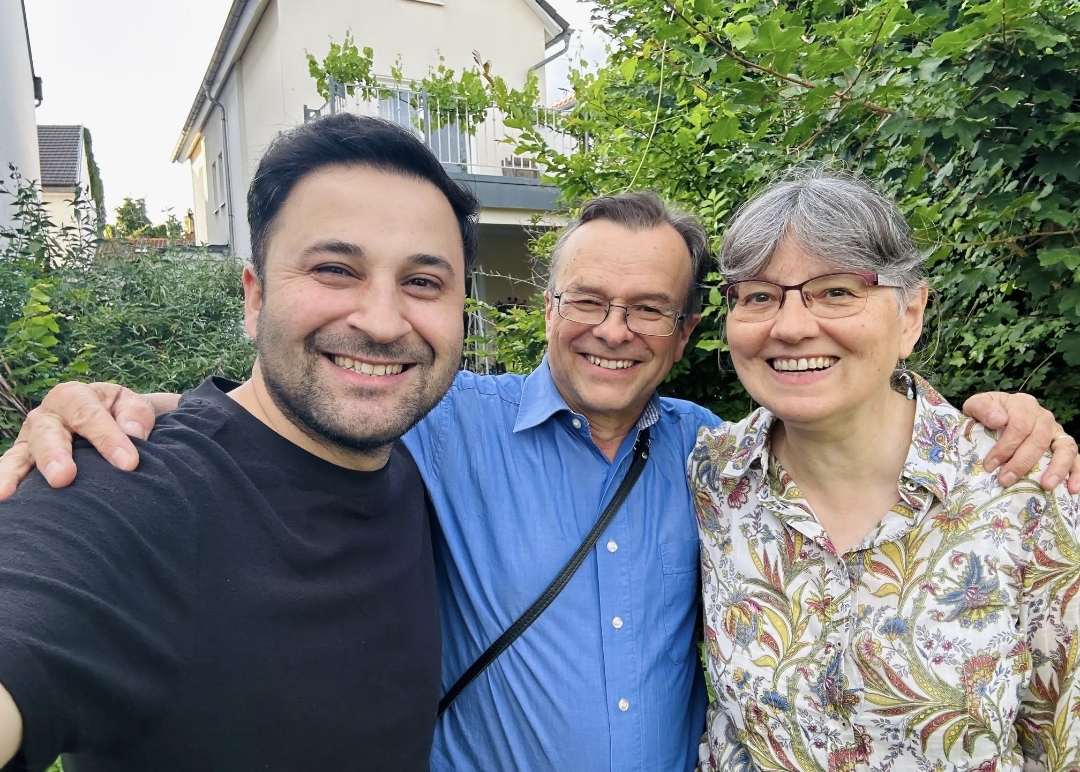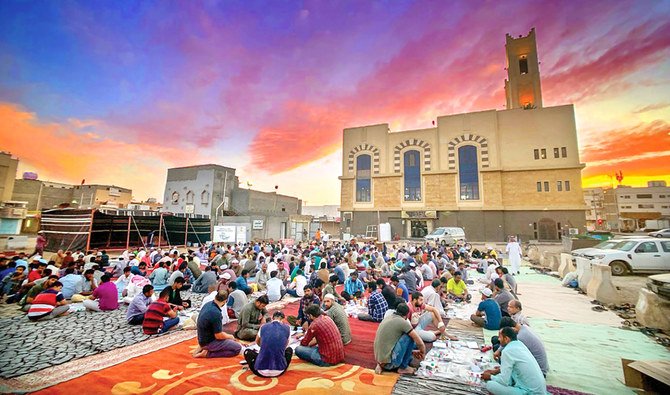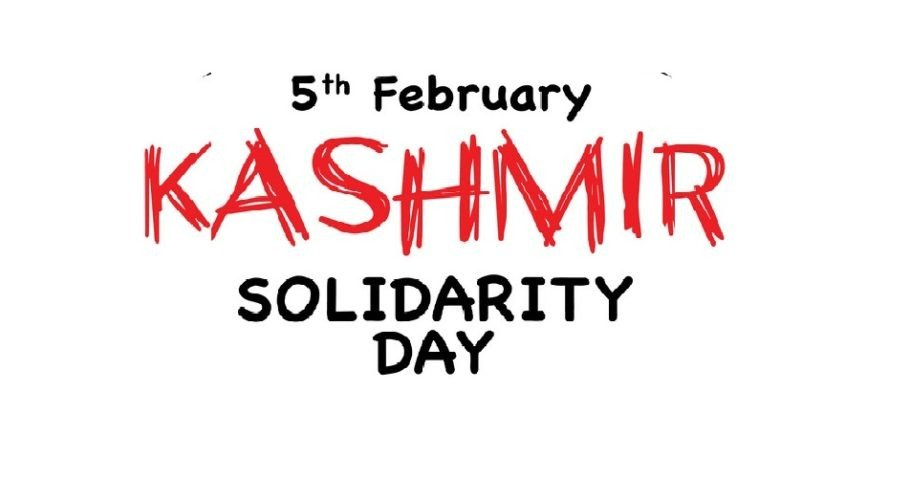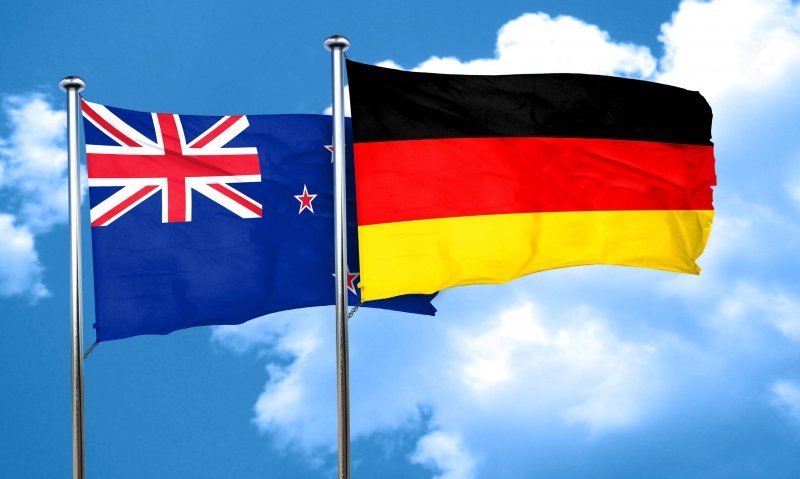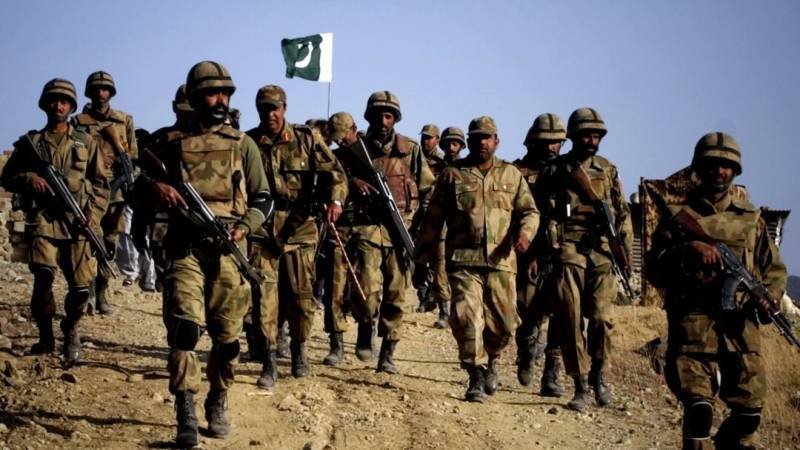Climate change advocacy has always been more than just a professional interest for me; it’s a lifelong passion deeply rooted in my childhood. My father instilled in us the importance of environmental awareness and the responsibility we each hold to protect our planet. I remember our walks through the woods, his gentle voice urging us to plant trees and nurture the earth. These early lessons shaped my commitment to environmental stewardship and set me on a path of advocacy and activism.
Over the years, I’ve dedicated myself to raising awareness about climate change, writing extensively on the subject, and participating in various conferences, including the Conference of the Parties (COPs). These platforms have provided invaluable opportunities to learn, share, and contribute to global efforts against climate change. Yet, the dream of participating in the UNFCCC SB 60 in Bonn, Germany, seemed almost unattainable due to limited resources. Coming from a developing country in the Global South, reaching such a significant space felt like a miracle—a small flame in a vast sea.
Despite the financial constraints, I was determined to make my way to SB 60. With a modest personal budget, the journey seemed daunting. However, fate intervened in a serendipitous way. One fine day, I received an invitation to speak at a panel discussion on Role of Leadership in Diplomacy: Shaping International Relations at the OIC Youth Capital Opening in Azerbaijan. This panel discussion, held on World Environment Day, June 5, 2024, in the picturesque Shusha Valley, not only provided a platform to voice my concerns but also supported my travel to Bonn.
Upon arrival in Bonn, I was faced with the challenge of finding affordable accommodation. That’s when I discovered the Bed Exchange initiative by the Klima Delegation. This program supports young climate activists by organizing cost-free stays in Bonn during the conference. I applied immediately, and within an hour, I received a positive response. I was elated to learn that a wonderful German family was willing to host me for the duration of SB 60.
From the moment I entered their home, I was enveloped in a profound sense of welcome and warmth. Rudy and his wonderful wife, Doris, greeted me with open arms, instantly making me feel like a cherished member of their family. Their hospitality was exceptional, turning my stay into an unforgettable experience. Each morning, I woke up to thoughtful notes from Rudy, guiding me through breakfast and ensuring I felt completely at ease. Beyond their warmth, Rudy and Doris, both esteemed scientists in environmental and climate change fields, engaged me in enlightening conversations that extended from breakfast to late evenings. Their insights deepened my understanding of global environmental challenges and solutions, leaving a lasting impact.
One gesture that particularly stood out was when Rudy accompanied me all the way to the train station to ensure a warm farewell. His kindness and genuine care turned a simple goodbye into a heartwarming moment, leaving a lasting impression on me. The respect and love they showed exemplified the true essence of humanity.
During my stay, Rudy also surprised me with a thoughtful gift—a homemade delicacy that became a delightful part of my breakfasts. This gesture not only showcased German hospitality but also sparked conversations about German culture, gardening practices, and the diverse species of trees they nurtured. Our discussions extended to Pakistani culture, offering a unique exchange of perspectives between different parts of the world.
Participating in SB 60 was a significant learning opportunity. The UNFCCC SB60 interim negotiations are crucial for setting the agenda for the climate conference in Baku, Azerbaijan, scheduled from November 11-22, 2024. With 3,000 to 4,000 global delegates, these meetings advance climate action by fostering collaboration and consensus on various climate policies and strategies. Being part of this process not only expanded my knowledge but also reinforced the importance of youth involvement in these critical discussions.
The experience was transformative, filled with learning, networking, and personal growth. I left Bonn with new friends, invaluable insights, and a deep sense of gratitude for my hosts. Rudy and Doris extended an open invitation for me to return anytime, making Bonn feel like a second home. This experience underscored the profound impact that hospitality and kindness can have, reminding me of our shared humanity.
Reflecting on this experience, I believe initiatives like the Bed Exchange could greatly benefit other cities worldwide. By facilitating cost-free accommodations for young climate activists, similar programs could promote cultural exchange and support international collaboration on climate action. This model holds particular promise for cities hosting major events, such as Geneva, New York, London, Paris, Dubai, and especially Baku, for the upcoming COP 29. Azerbaijanis are known for their hospitality, and this initiative would be a wonderful opportunity to showcase their generosity to the world. It would also allow local people to contribute to the global fight against climate change, participating in a noble cause that benefits everyone.
My time with Rudy and Doris in Bonn was more than just a stay—it was a profound lesson in the power of hospitality and the importance of global connections in addressing shared challenges. Their open invitation to visit Pakistan exemplifies the reciprocal nature of cultural exchange and mutual respect, reinforcing the bonds forged during my stay. As I continue my advocacy journey, I carry with me the invaluable lessons learned from Rudy and Doris. I know that by fostering such connections and exchanges, we can collectively work towards a more sustainable and inclusive future for all.
My journey to SB 60 was more than just attending a conference; it was a testament to the power of human connection and the impact of genuine hospitality. As climate advocates, we strive to create a better world, and through the kindness of others, we are reminded of the beauty and potential within humanity. Let us continue to support and uplift one another, fostering an environment where ideas, innovations, and sustainable solutions can thrive. Together, we can make a difference.
As the saying goes, “We rise by lifting others.” My experience in Bonn is a vivid reminder of this truth, and I am deeply grateful for the love, respect, and kindness that made my journey possible. Thank you, Rudy and Doris, for an unforgettable experience.

Mr. Qaiser Nawab, a global peace activist, is a distinguished international expert specializing in the Belt and Road Initiative (BRI), Afghanistan, Central Asia and founder of the Belt and Road Initiative for Sustainable Development (BRISD), a newly established global think-tank headquartered in Islamabad, in conjunction with the one-decade celebration of BRI.
Mr. Qaiser Nawab, a global peace activist, is a distinguished international expert specializing in the Belt and Road Initiative (BRI), Afghanistan, Central Asia and founder of the Belt and Road Initiative for Sustainable Development (BRISD), a newly established global think-tank headquartered in Islamabad, in conjunction with the one-decade celebration of BRI.
